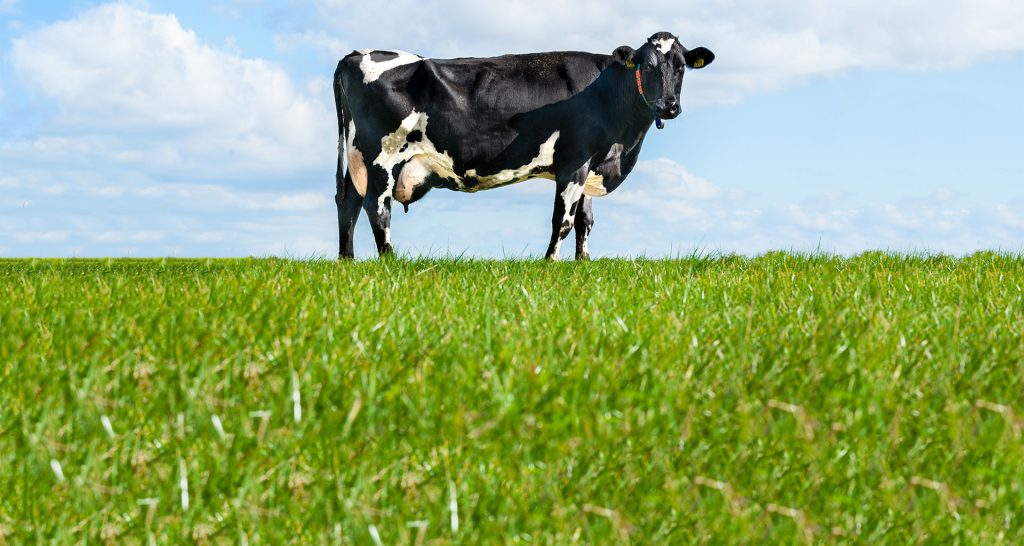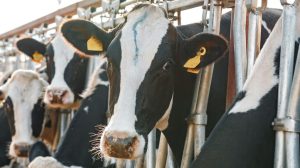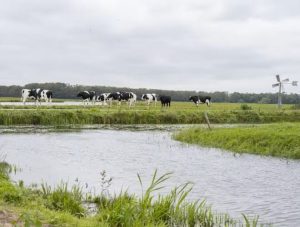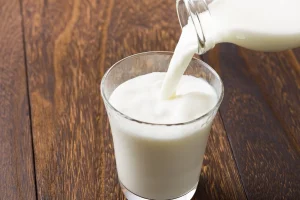
After a decade of growth, milk production in northwestern Europe is set to structurally decline, impacting dairy companies’ operational and financial performance. We outline what this means for dairy companies and how they can adapt. If the milk volume decline is gradual, companies can manage by shifting toward producing higher value-added protein ingredients, cheese, and branded consumer products.

In the past decade, northwestern Europe (Denmark, Germany, the Netherlands, and Belgium) has been at the center of EU milk supply growth. Now, the region shows signs of a structural decline in milk production based on an extended period of weakened profitability, environmental limitations, labor constraints (both succession and labor availability), more extreme weather conditions, and uncertainty about impending policy changes. Looking ahead, we see that the decline in milk production growth could be stronger than previously anticipated as deadlines for water-quality regulations approach and ammonia-reduction targets intensify.
Dairy companies face a range of challenges due to structurally declining milk volumes, which impact their operational and financial performance. These challenges begin with revenue losses and reduced cost efficiency, are followed by increased competition for milk, and culminate in the capital implications of excess processing capacity on the balance sheet. For dairy cooperatives, the challenges are even more complex, as lower milk intake generally coincides with members withdrawing capital.
Under a scenario of a gradual decline in milk volumes over a longer period, a strategy of transitioning toward higher-added-value protein ingredients, (branded) consumer products, and cheese would likely be manageable. Under a scenario of steeper drops in milk volumes over a shorter period, the implications become more severe as lost revenue, excess capacity, and capital constraints quickly accumulate.
To prevent the likelihood of a landslide in milk intake, more consistent policies are a requirement. Standstills and stalled policy decisions only make pathways steeper as deadlines come closer. As such, it’s better for dairy companies to be proactive than face harsher consequences at a later stage.
You can now read the most important #news on #eDairyNews #Whatsapp channels!!!
🇺🇸 eDairy News INGLÊS: https://whatsapp.com/channel/0029VaKsjzGDTkJyIN6hcP1K

























